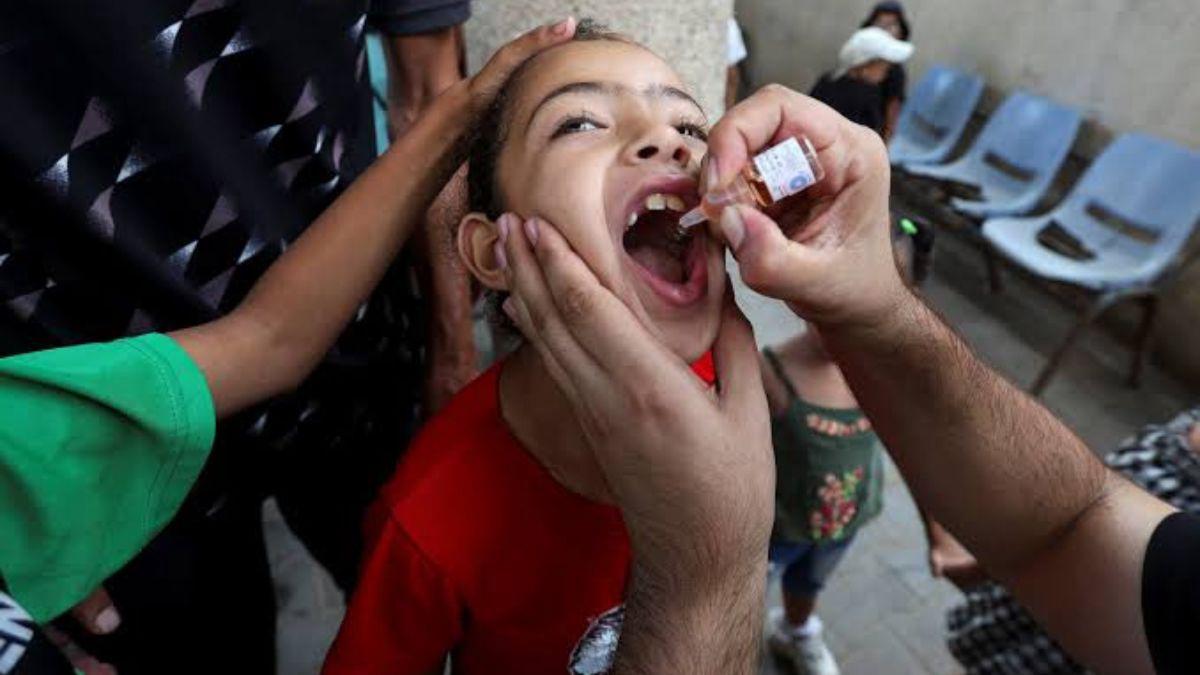Gaza has initiated a large-scale vaccination campaign aimed at preventing a potential outbreak in the war-torn region. The campaign, launched on Sunday, targets approximately 640,000 children and is set to unfold in phases, beginning with central Gaza and extending to the northern and southern areas of the territory by Wednesday.
The vaccination drive comes in the wake of Gaza reporting its first polio case in 25 years—a 10-month-old boy who is now paralyzed. This case, according to the World Health Organization (WHO), suggests there may be additional undiagnosed infections. The presence of polio in the region has intensified fears of a broader epidemic, as the virus is primarily spread through fecal matter.
Health authorities are navigating significant challenges in their efforts. The ongoing conflict between Israel and Hamas has severely damaged Gaza’s infrastructure, including roads and healthcare facilities. Nearly 90% of Gaza’s 2.3 million residents have been displaced, and many are living in overcrowded and unsanitary conditions. The war’s toll has exacerbated public health issues, with concerns over disease outbreaks due to uncollected garbage and contaminated water.
To facilitate the vaccination effort, Israel has permitted temporary pauses in the fighting, though reports indicate that the ceasefire was short-lived, with Israeli strikes resuming in central Gaza. The vaccination campaign is scheduled to continue through September 9, with health officials aiming to administer the oral polio vaccine to children under 10 in two doses over four weeks.
Approximately 1.3 million doses of the vaccine were delivered to Gaza last month and are stored in a warehouse in Deir al-Balah, with an additional 400,000 doses expected soon. The virus causing the current outbreak is a mutated form of the oral polio vaccine strain, which in rare instances can evolve and lead to new outbreaks.
The ongoing conflict, which began on October 7 with Hamas-led attacks on Israel, has resulted in severe casualties on both sides and widespread devastation across Gaza. The international community, including the United States, Egypt, and Qatar, has been engaged in prolonged efforts to broker a ceasefire and address the humanitarian crisis, though negotiations have so far failed to yield a lasting resolution.
Health officials and humanitarian organizations stress that while the vaccination campaign represents a crucial step, it is not a substitute for a comprehensive ceasefire and resolution of the broader conflict that continues to endanger lives and undermine public health in Gaza.

